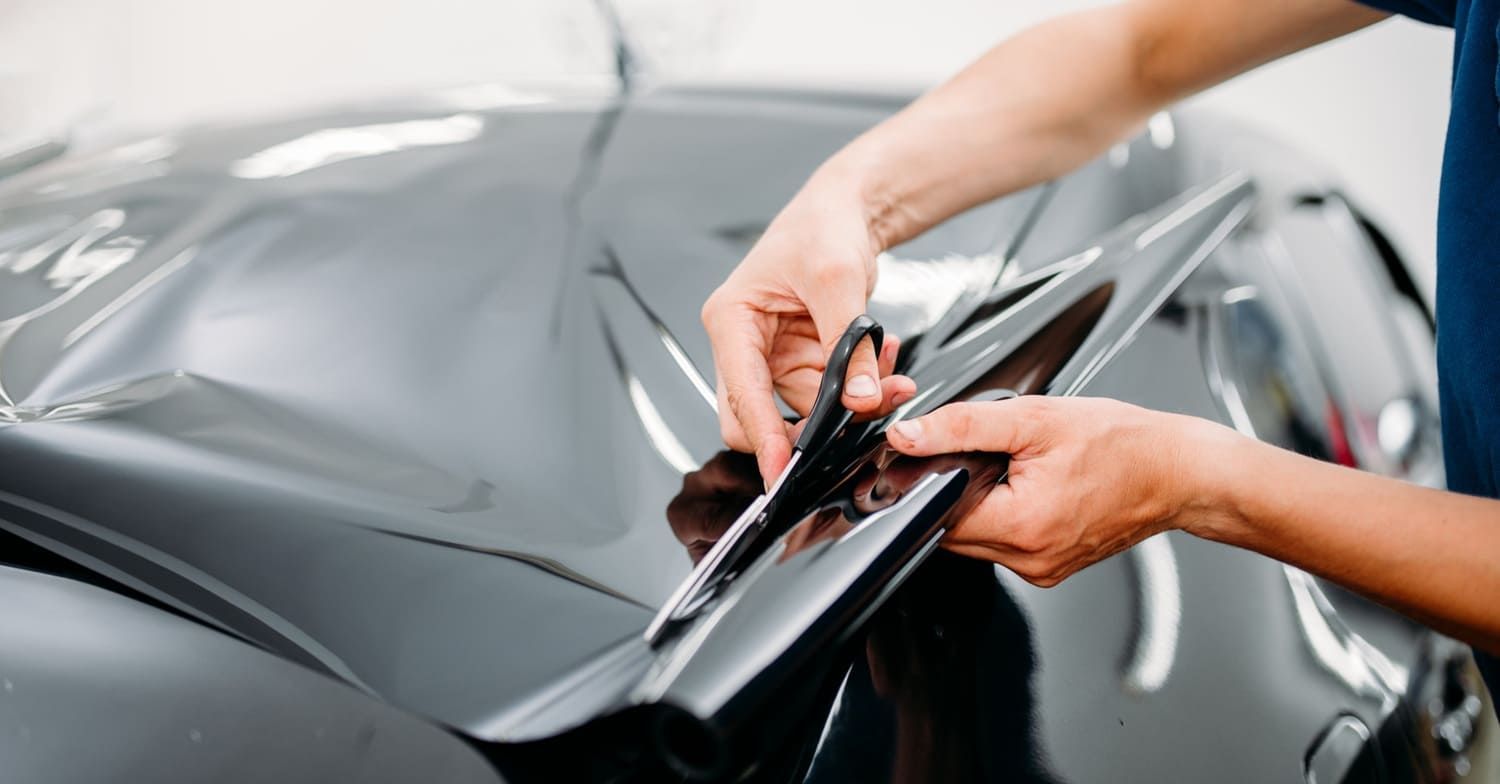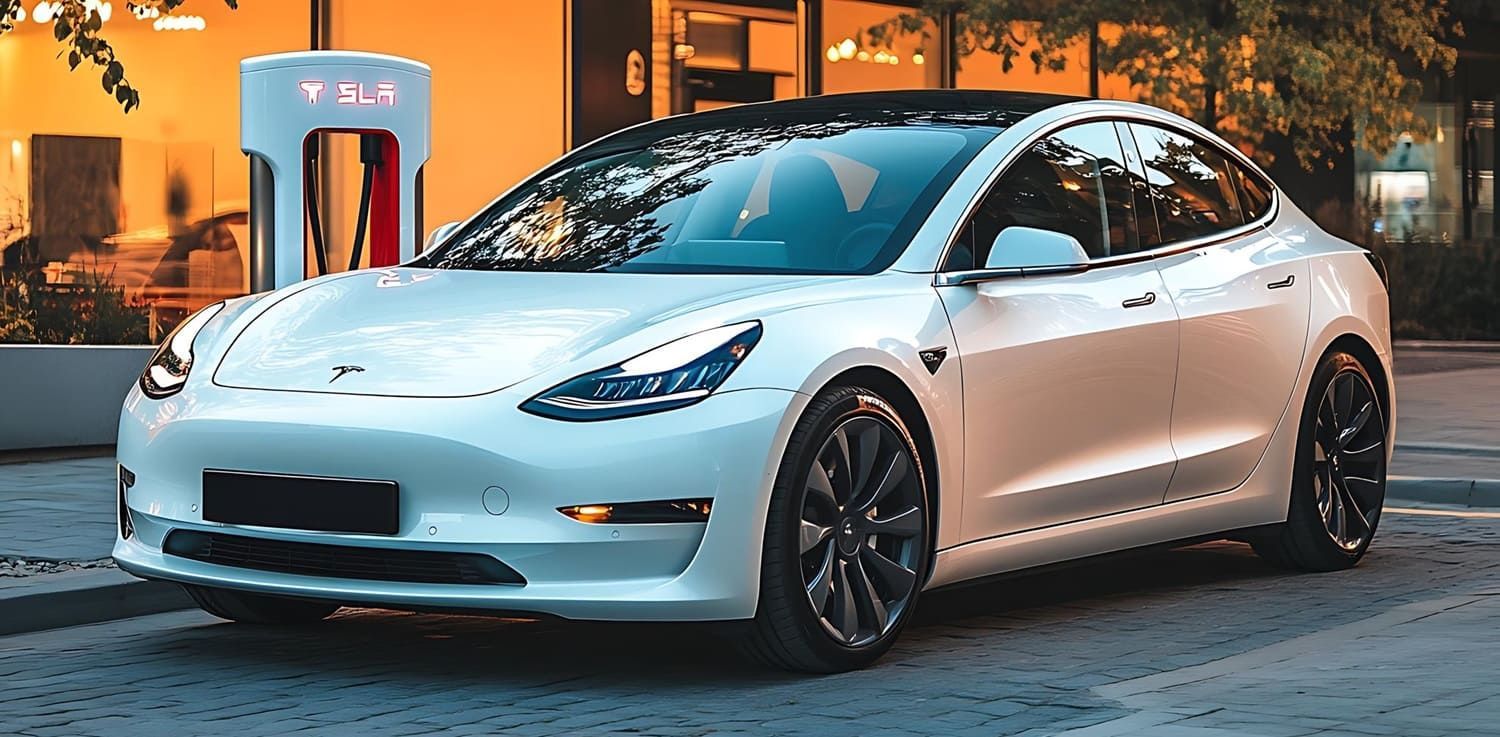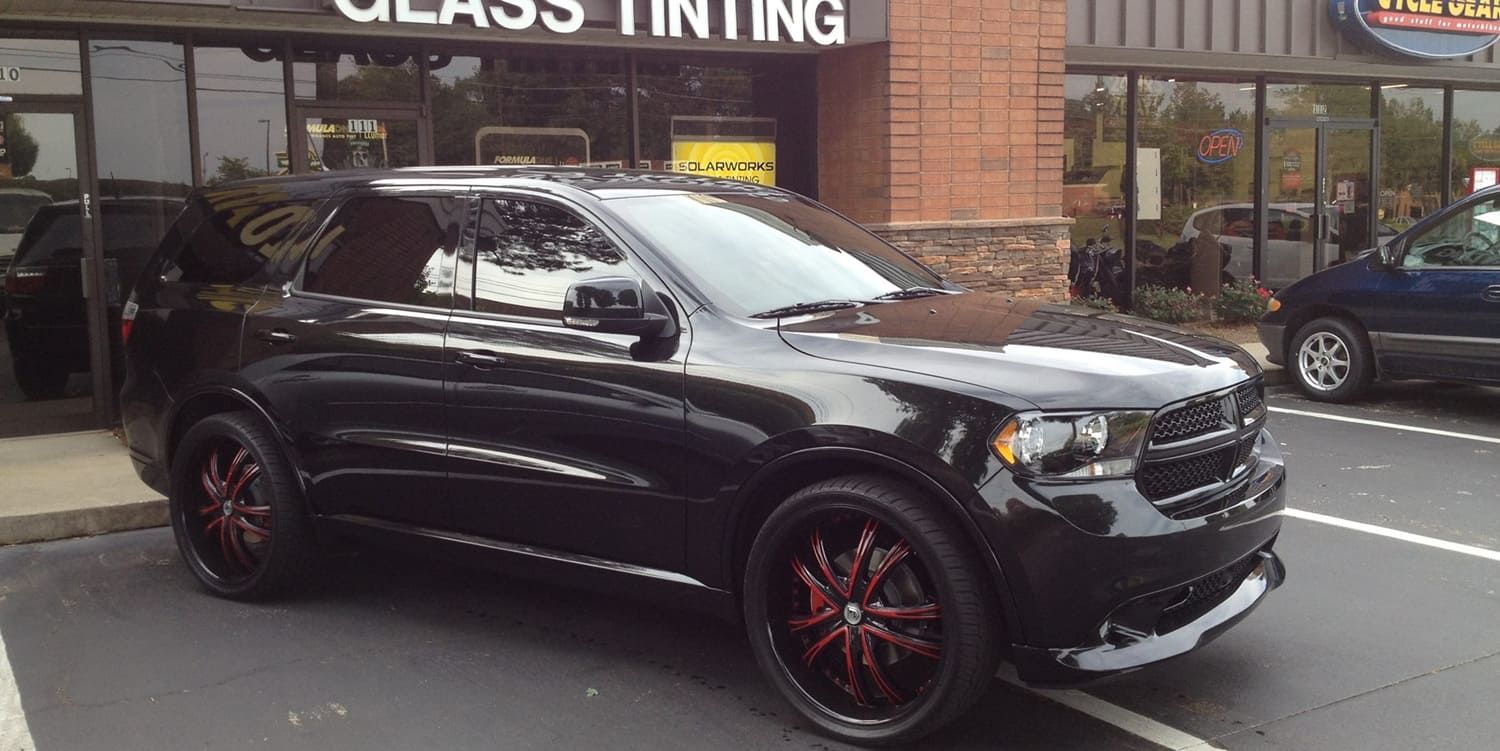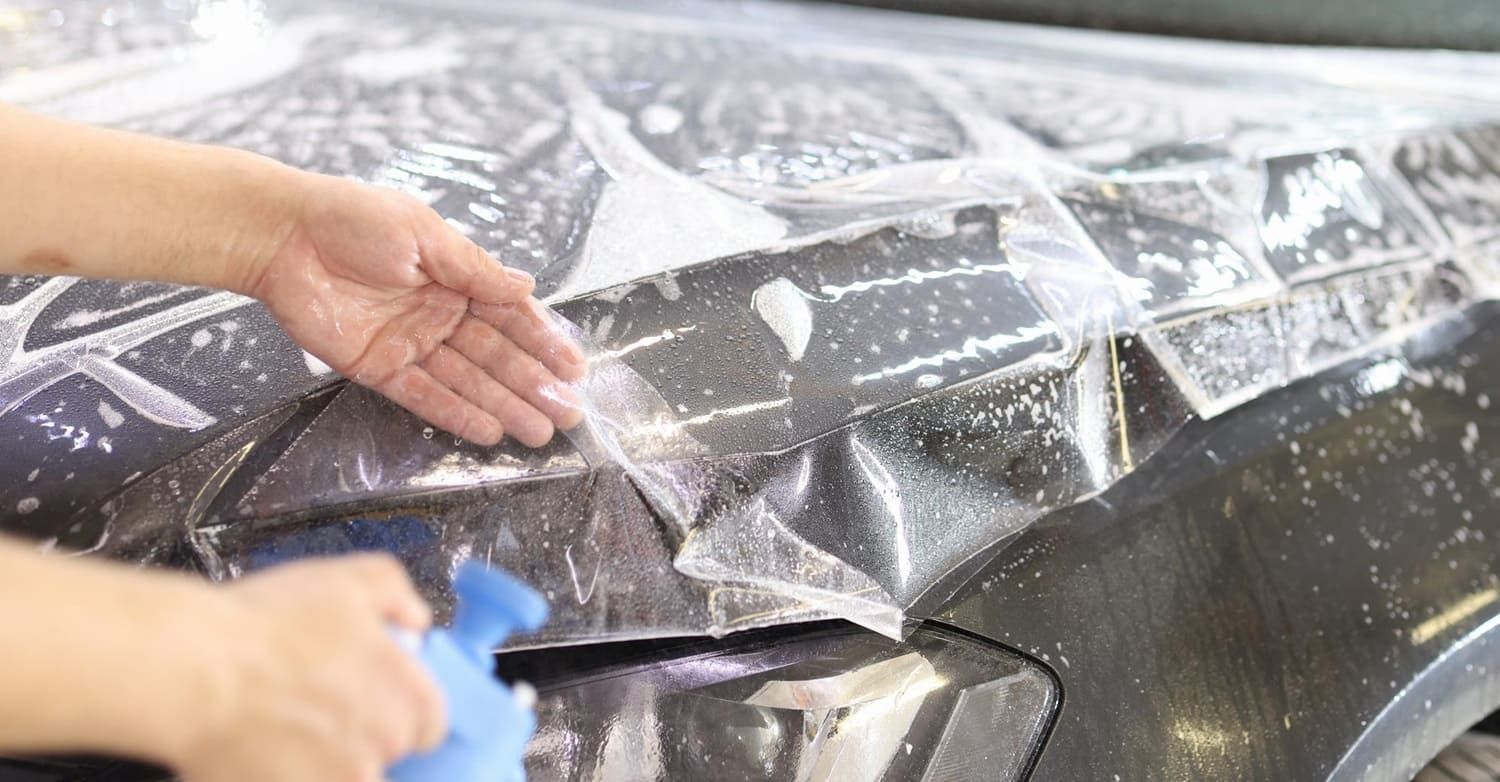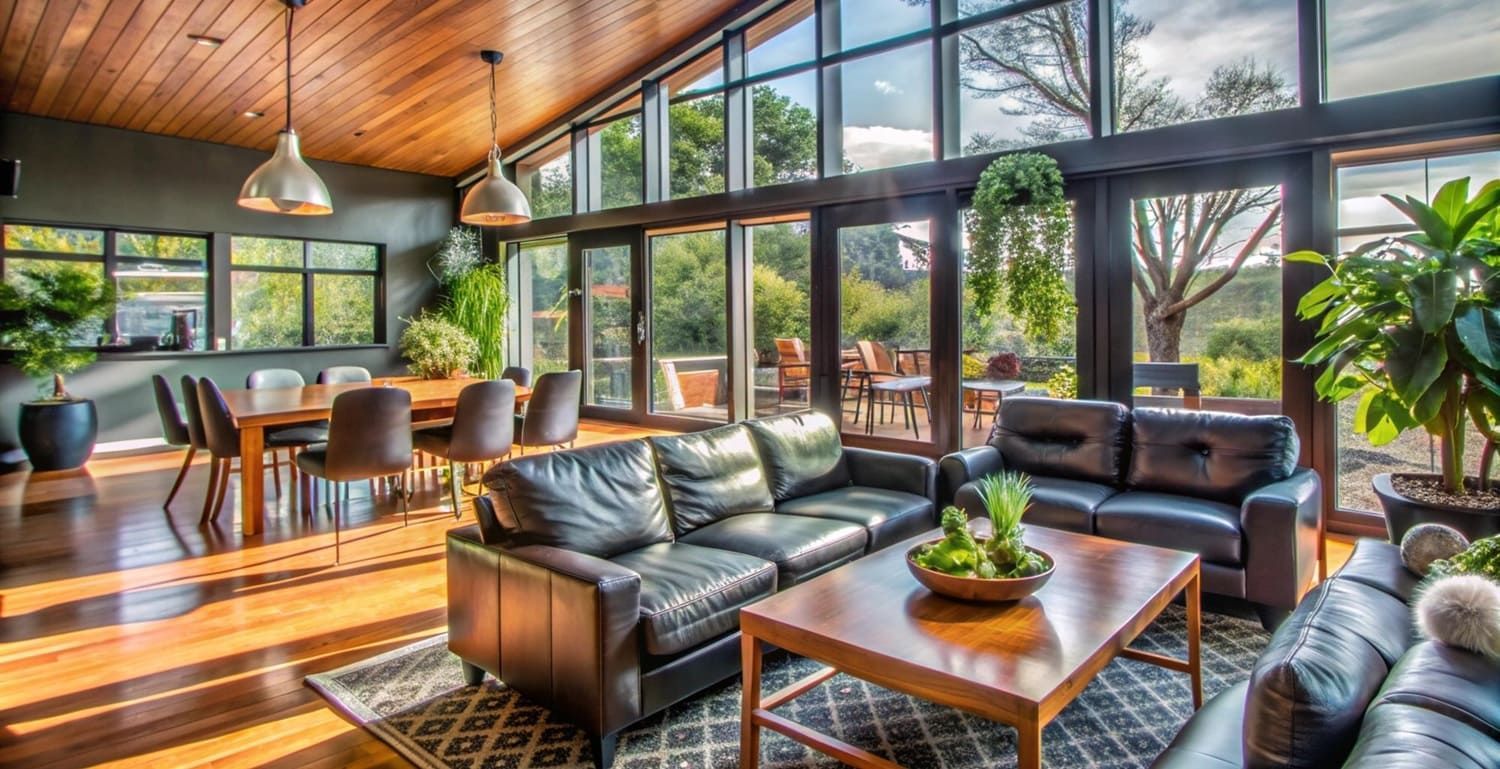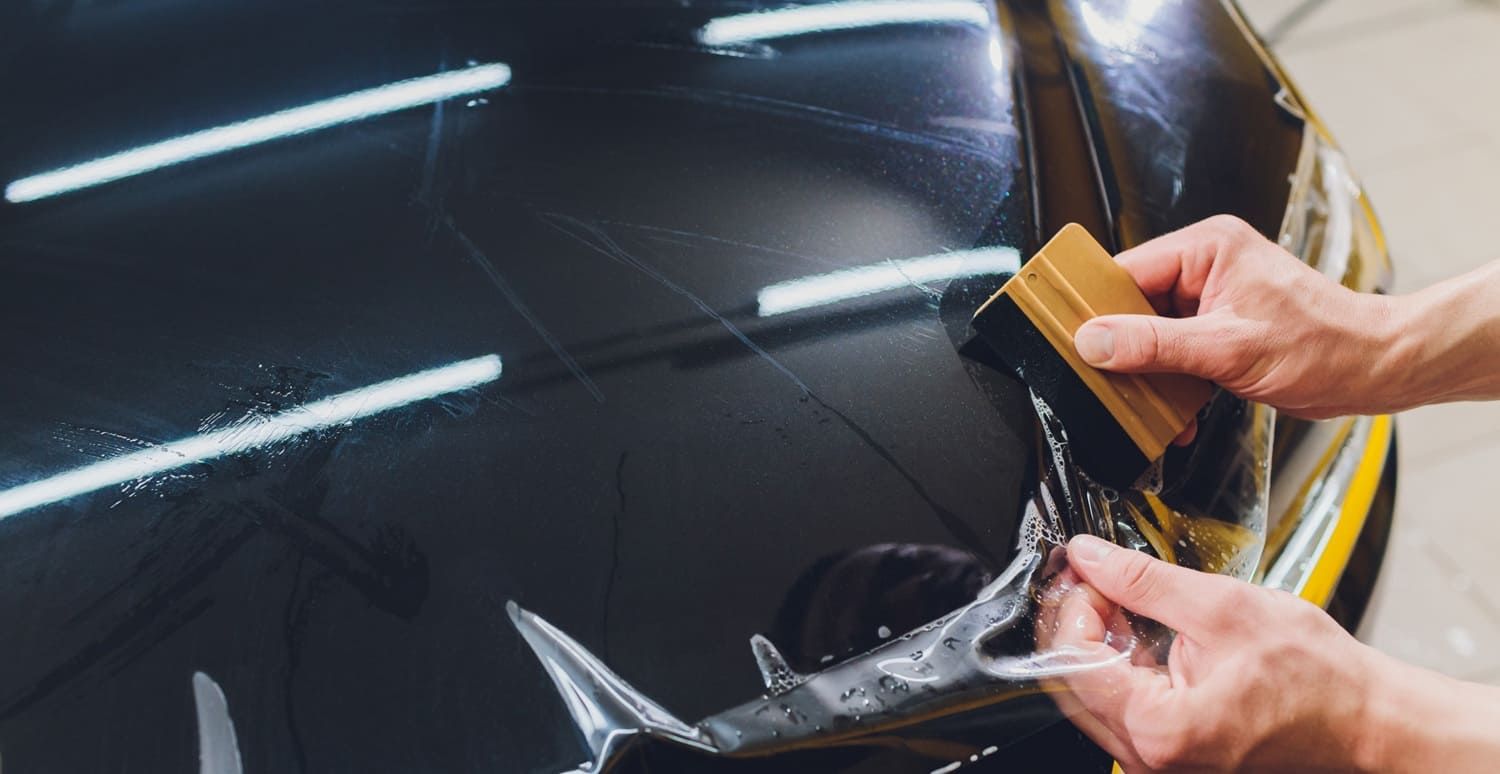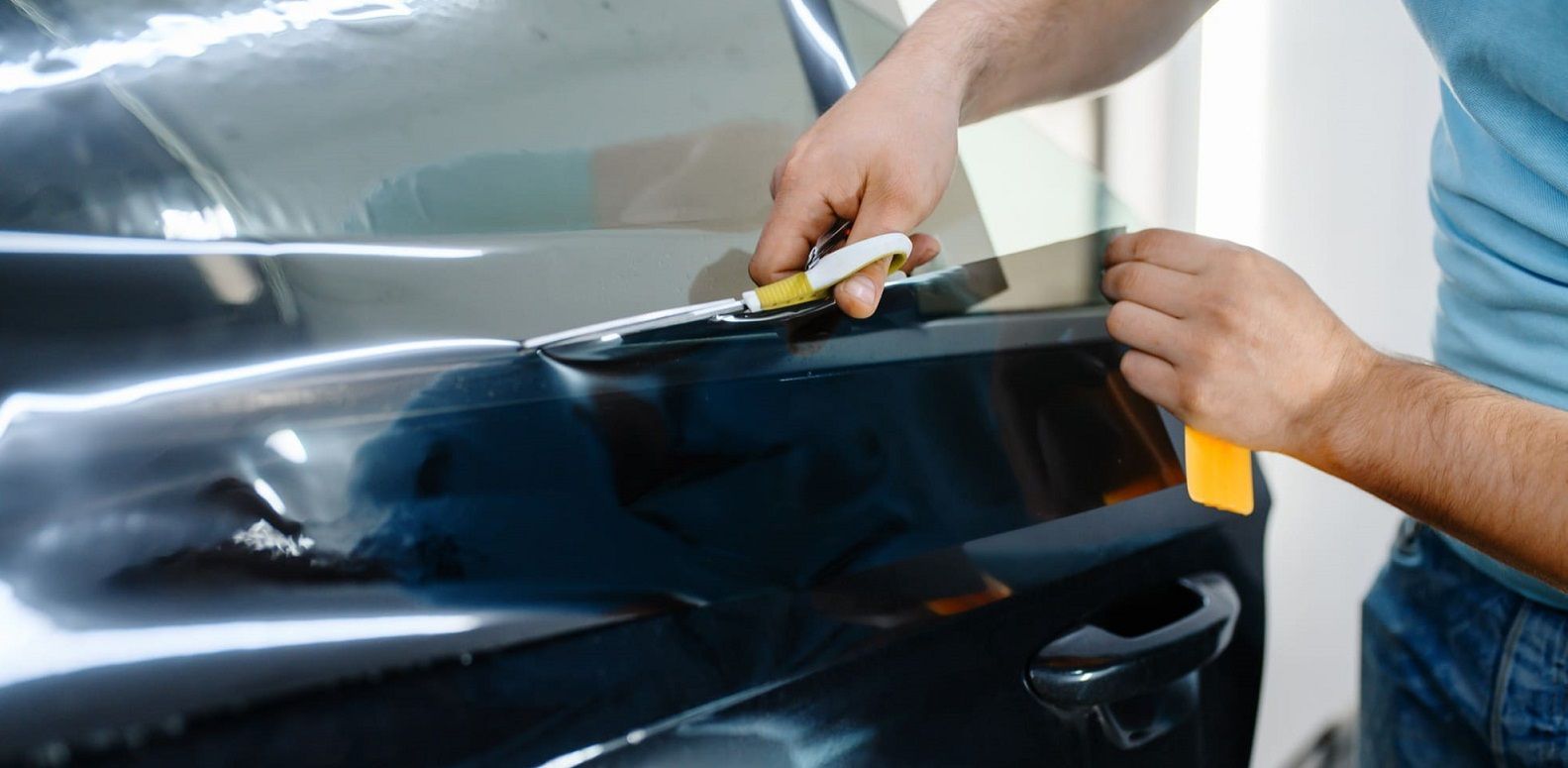Do windows block UV rays? We know that if we want to protect our skin's health, we need to avoid UV rays. Read on to learn how to protect yourself in your home.
Did you know that from 1994 to 2014, the US has seen a
77% increase
in nonmelanoma skin cancer (NMSC) diagnoses?
That's right!
And in
nine in 10 NMSC cases, ultraviolet radiation exposure is the primary culprit. It also causes up to 65% of melanoma cancers.
The thing is, many people don’t know that UV exposure can be direct and indirect. One can be inside their home or office and still soak up the sun's harmful UV rays.
That's why as early as now, you'd want to find out the answer to the question, "Do windows block UV rays?". After all, the windows are the components of your home that allow the most sunlight in. And it's time that you learn more about the other things they let into your home aside from light.
A Primer on Ultraviolet (UV) Light
UVA and UVB light are two types of solar ultraviolet energy that reaches the earth. There's also UVC light, but this appears to be "too weak" to pass through the earth's surface. Of the UV light that penetrates the earth,
95% is UVA, with the rest being UVB.
UVA rays have higher wavelengths, ranging between 315 and 400 nm (nanometer). UVB light has a lower wavelength of between 280 and 315 nm. That makes UVA rays more penetrating than the UVB type, so they can affect the deeper cells of the skin.
The Effects of UVA Light On the Skin
The solar UV energy that the ozone layer doesn't absorb contains about
500 times more UVA
than UVB rays. UVA rays are among the top causes of premature skin aging, such as wrinkles and photoaging.
While UVA rays cause indirect skin damage, they appear to also have a role in cancer development. Researchers found that these rays
damage the melanocyte cells, resulting in mutations. These changes in the cells' DNA can then lead to melanoma, the most severe form of skin cancer.
How UVB Affects the Skin
UVB rays have shorter wavelengths than UVA rays but possess higher energy levels. They can cause direct damage to both the surface and the DNA of the skin. Aside from sunburns, UVB radiation also
causes most skin cancers, especially melanoma.
Either way, the sun's harmful UV rays are to blame for most types of skin cancers. This includes the
3 million Americans
who suffer from NSCM every year. On top of that is the other one million with melanoma.
So, Do Windows Block UV Rays?
Now that you know what ultraviolet rays can do, let’s answer the question, “Can UV rays go through glass?”
Normal glass, such as those used in home and office windows, doesn't block all UVA rays. One study found that smooth ordinary glass allowed up to
74.3% of UVA radiation
to pass through.
What about UVB, do windows block these UV rays? According to the same study, yes, all types of glasses they tested blocked UVB rays.
So, yes, windows do block UV rays, but only the UVB kind. Bare glass windows still allow up to three-quarters of UVA radiation. Meaning, your untreated windows still expose you to skin-damaging, even cancer-causing UVA rays.
How About Car Windows?
Like normal glass, car windows block UVB rays. However, only the windshield glass blocks UVA radiation. All others, including side and rear windows, don't protect against UVA rays.
That's why US drivers are
20 times more at risk
of having sun damage on the left side of their face. Their left arm also receives five times more UV exposure than the right.
Protect Your Skin with UVA-Blocking Window Tint Technology
Between
window shades and tinting, the latter is a much wiser investment. First, because window shades
don't provide effective protection
against UV rays. They do offer privacy and aesthetic elements, but if it's UV protection you want, tinting is better.
There are many
types of home window tinting
though, and some are only decorative. However, ceramic window films aren’t only aesthetic -- they can also block up to 99% of UV rays. They also prevent up to 50% of infrared light from permeating your windows.
What’s more, quality window films won’t darken your windows excessively. Some types of residential window films are even virtually invisible. You can also get them in neutral or earth-tone colors.
To top it off, window tinting protects more than your skin. Here's a couple of other ways that window films benefit you and your family.
Preventing Damage to Your Home’s Interiors and Furnishings
The best
residential window films
also protect your home’s interiors from the sun's rays. UV rays can be just as damaging to wood, carpets, upholstery, and other types of fabric. Exposure to UV radiation will fade, crack, or warp these items.
Helps Keep Your Energy Use (and Bills!) Low
Window tinting blocks more than UV rays – it’s also an effective barrier against heat gains and losses. Some window films can even boost a home's insulation by
more than 90%!
Why do you want more insulation on your windows though?
For starters, more than
two-thirds of sunlight
that enters windows turn into heat. Second, up to a third of heating energy exits through untreated or bare glass windows. Meaning, your windows are wasting significant amounts of energy from both sides.
With tinted windows, your home will remain warm and comfy throughout the winter. In the summer, the films will help trap cooled air from your AC inside your home. They will also block a good amount of outdoor heat from entering your home.
Make Your Windows Work for and Not Against You
There you have it, the truth behind the question, "Do windows block UV rays?" Now that you know that they don't block all types of UV radiation, you can take the necessary steps to ensure they do. And the fastest way to do that is to invest in high-quality residential window films.

